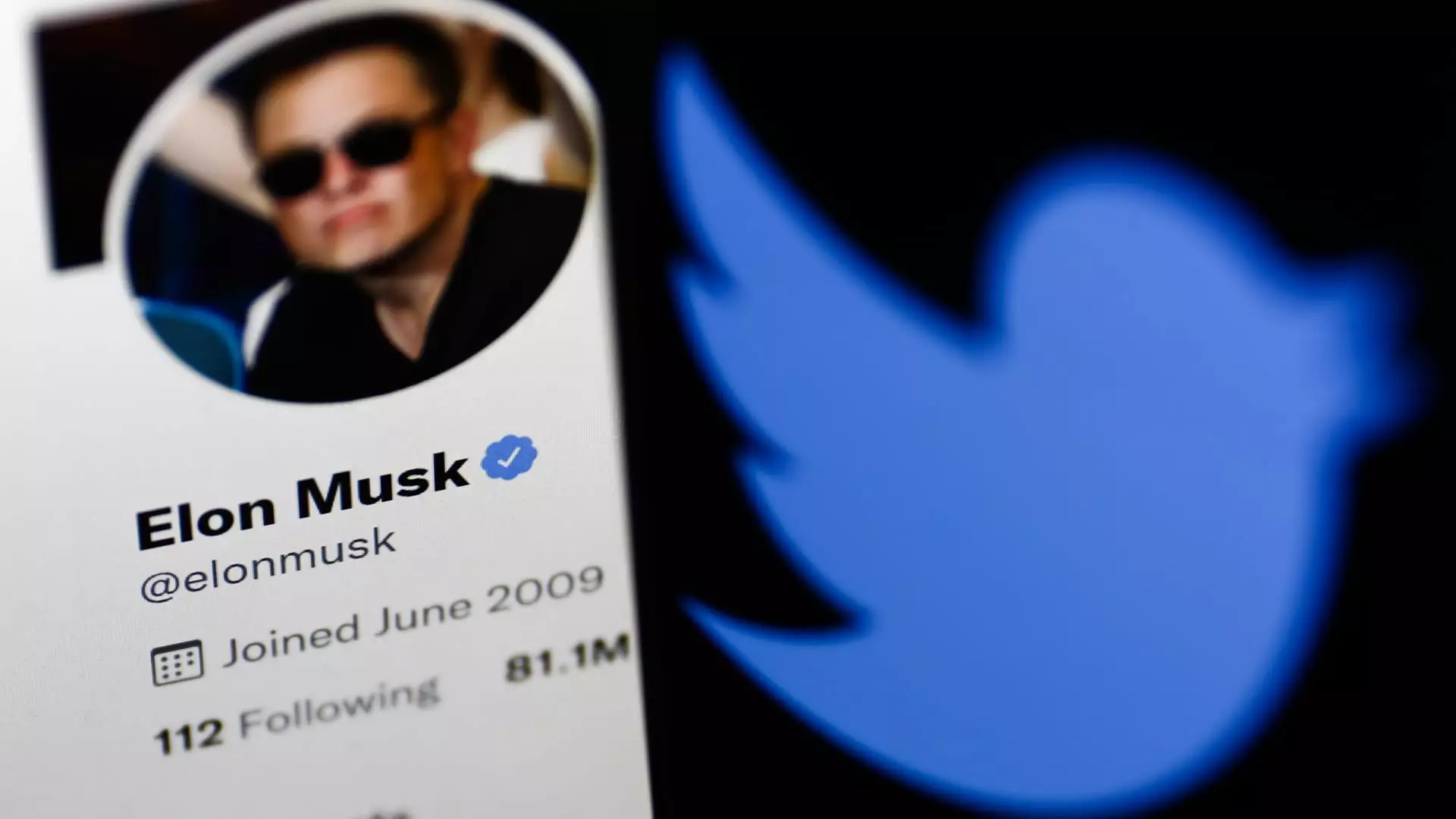In recent developments that make one question the ethical standing of some of our most prominent tech figures, a proposed class-action lawsuit against Elon Musk has gained traction in federal court. This case, cited as Rasella v. Musk, reveals undercurrents of deceit and manipulation that are all too common in the world where wealth collides with governance. Musk sought to dismiss this lawsuit, but a ruling from Judge Andrew L. Carter has allowed it to proceed, spotlighting not only the murky waters of securities law but also raising broader questions about accountability in the tech industry, where individuals like Musk possess tremendous influence yet often act with limited constraint.
The lawsuit emerges from a group of former Twitter shareholders, including the Oklahoma Firefighters Pension and Retirement System, who allege they suffered significant financial losses when Musk amassed stakes in Twitter without disclosing his purchases in the legally mandated timeframe. The shareholders claim they sold their shares at worryingly low prices, only to find that Musk’s covert acquisition had artificially deflated the stock value. This is a classic example of how the wealthy can maneuver within the deep shadows of the market, leveraging their influence while sidestepping the obligations of transparency that smaller investors rely upon for fair play.
The “Error” Argument: A Shield for Wall Street Titans?
Musk’s legal team argues that his late disclosure was merely a clerical error—a risky defense that, if permitted, could signal a dangerous precedent. If the rationale of a simple mistake can absolve one of responsibility in matters as serious as securities fraud, what does this imply for the average investor? This notion of wealth providing a protective barrier raises alarms about justice in a capitalistic society where regulation often seems more like a suggestion than a requirement.
Indeed, Judge Carter offers a damning perspective on Musk’s behavior, suggesting that his acquisition of shares sent “false pricing signals” to the market, thus misleading average investors who unknowingly acted on incomplete information. Musk’s infamous tweet—stating that he was contemplating buying a different social network—was not just a casual musings of a billionaire; it was an attempt to mislead the market at a critical juncture. By the time his “fantasy” tweet went viral, he had already acquired millions of Twitter shares, shaping market perceptions while cloaked in misleading errata.
The Irony of Control: Knowledge vs. Power
Musk’s recent ventures, including a planned merger of his AI company xAI with the social network, further illustrate a mentality that equates financial prowess with authority. Such bold moves enhance Musk’s labyrinthine control over various sectors, arguably constraining the movement of genuine competition and innovation. By intertwining his interests with those of the social media giant—now ironically rebranded as X—Musk demonstrates a willingness to commodify public platforms in a manner that resonates dangerously with dystopian narratives.
Moreover, the overlap between his personal interests and corporate governance raises alarms about the sufficiency of current regulations surrounding disclosures. If someone of Musk’s stature can act without full transparency, what does this mean for corporate governance standards? It’s not merely about Musk; it reflects on our system’s capability to enforce accountability when it matters most.
A Call for Ethical Standards in the Tech Landscape
As civil society grapples with the implications of this trial for Musk, it also turns a critical eye toward the tech landscape where ethical governance often bends to the will of capital. It’s imperative that we advocate for stronger regulations that hold billionaires accountable, ensuring that their actions do not come at the expense of the average investor. In a time when technology and wealth seem intricately intertwined, it is vital to demand that those who wield power, like Musk, operate in a sphere of transparency rather than obfuscation.
The unfolding events surrounding Musk’s case are about far more than just a high-profile lawsuit; they invoke an urgent dialogue about the very foundations of market trust and accountability. As the legal dust settles, one can only hope that scrutiny of billionaires will lead to a more equitable corporate landscape, allowing innovation to flourish freely, unchained from the corrupting influences of unchecked power.

